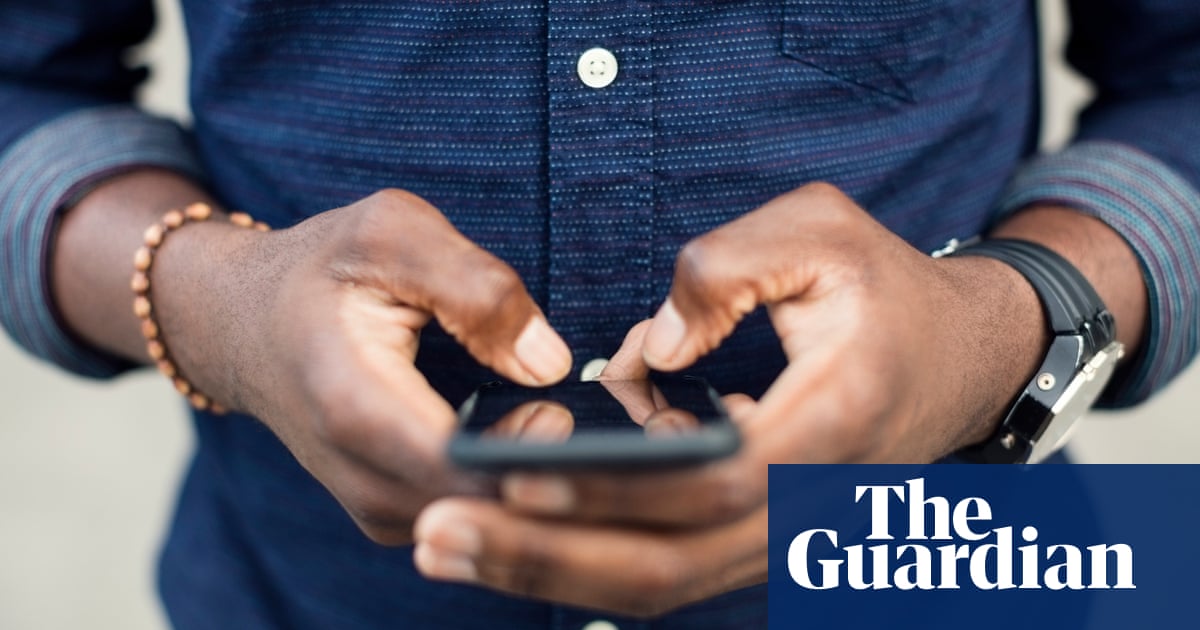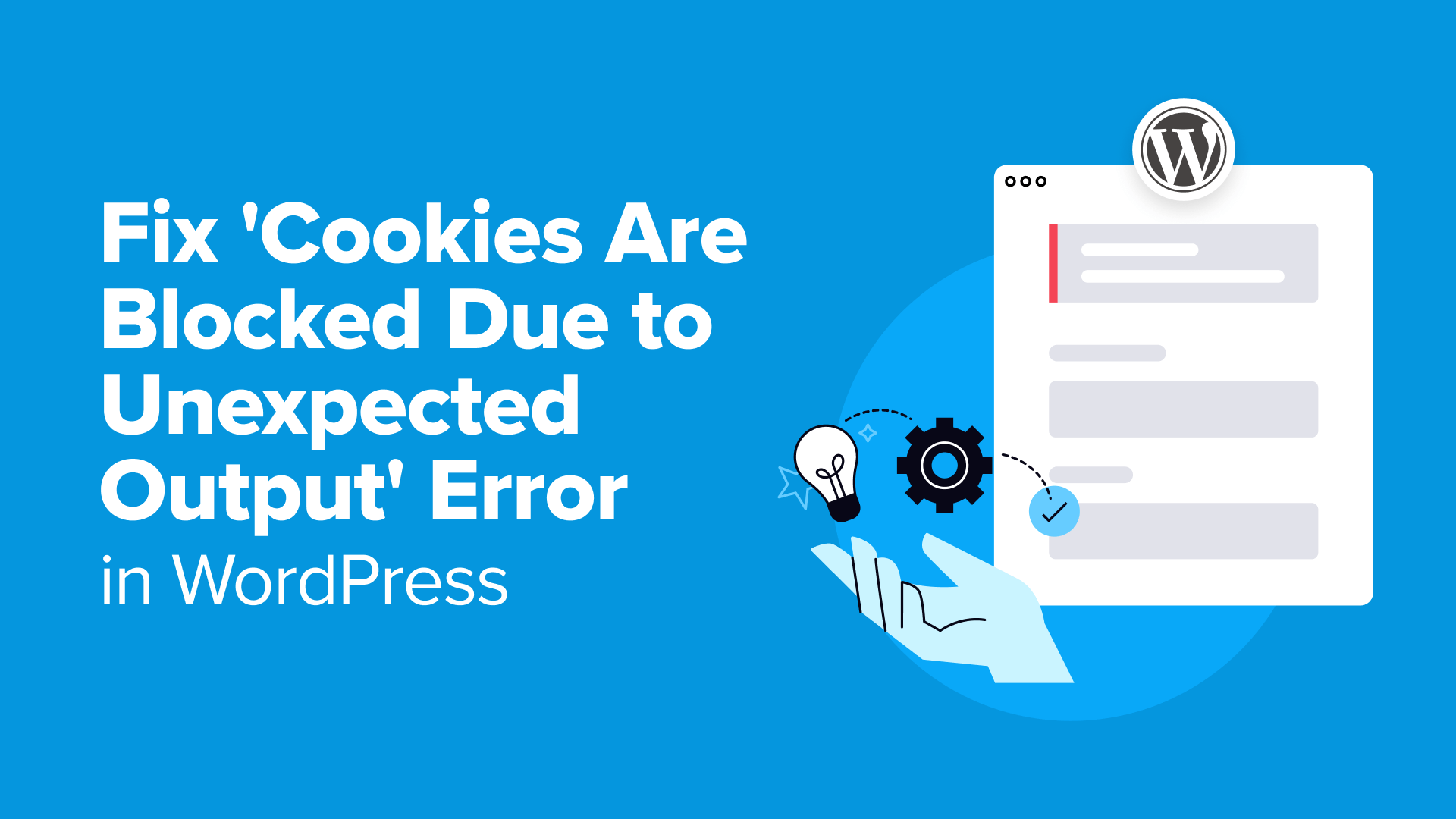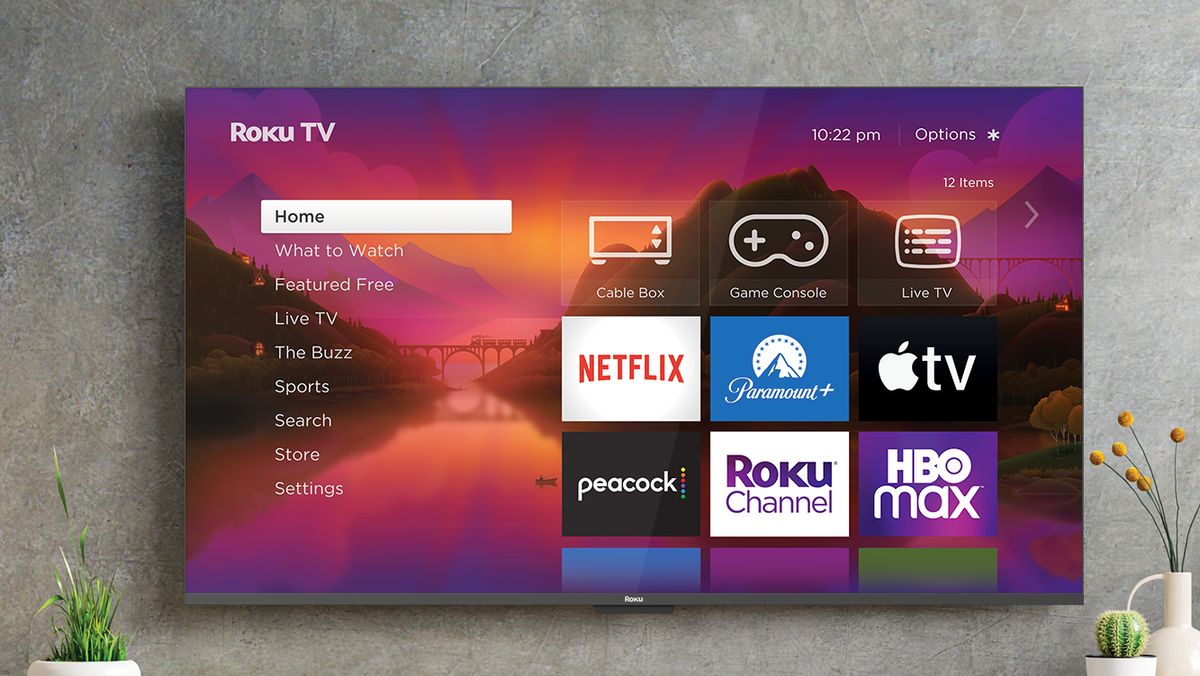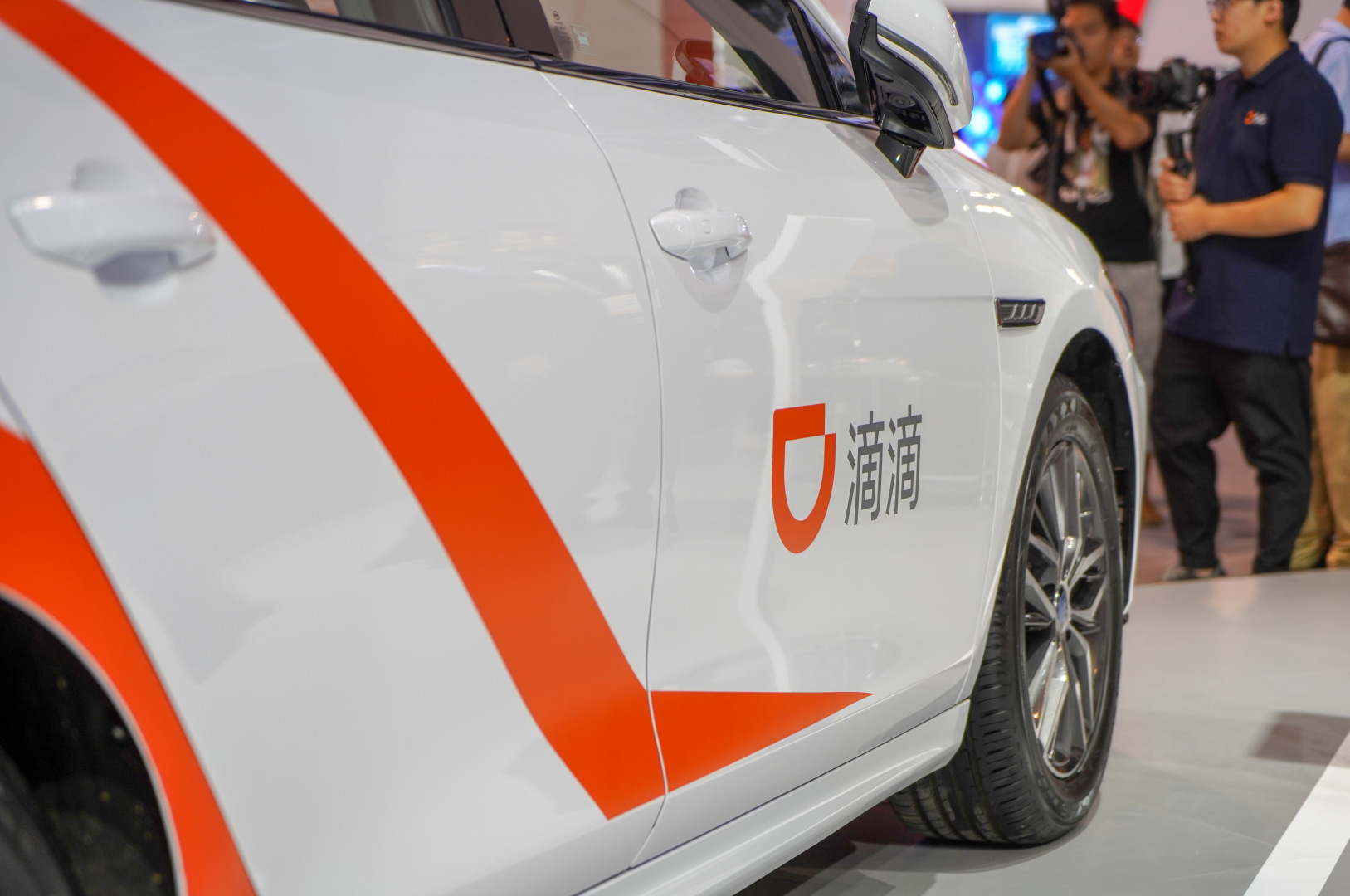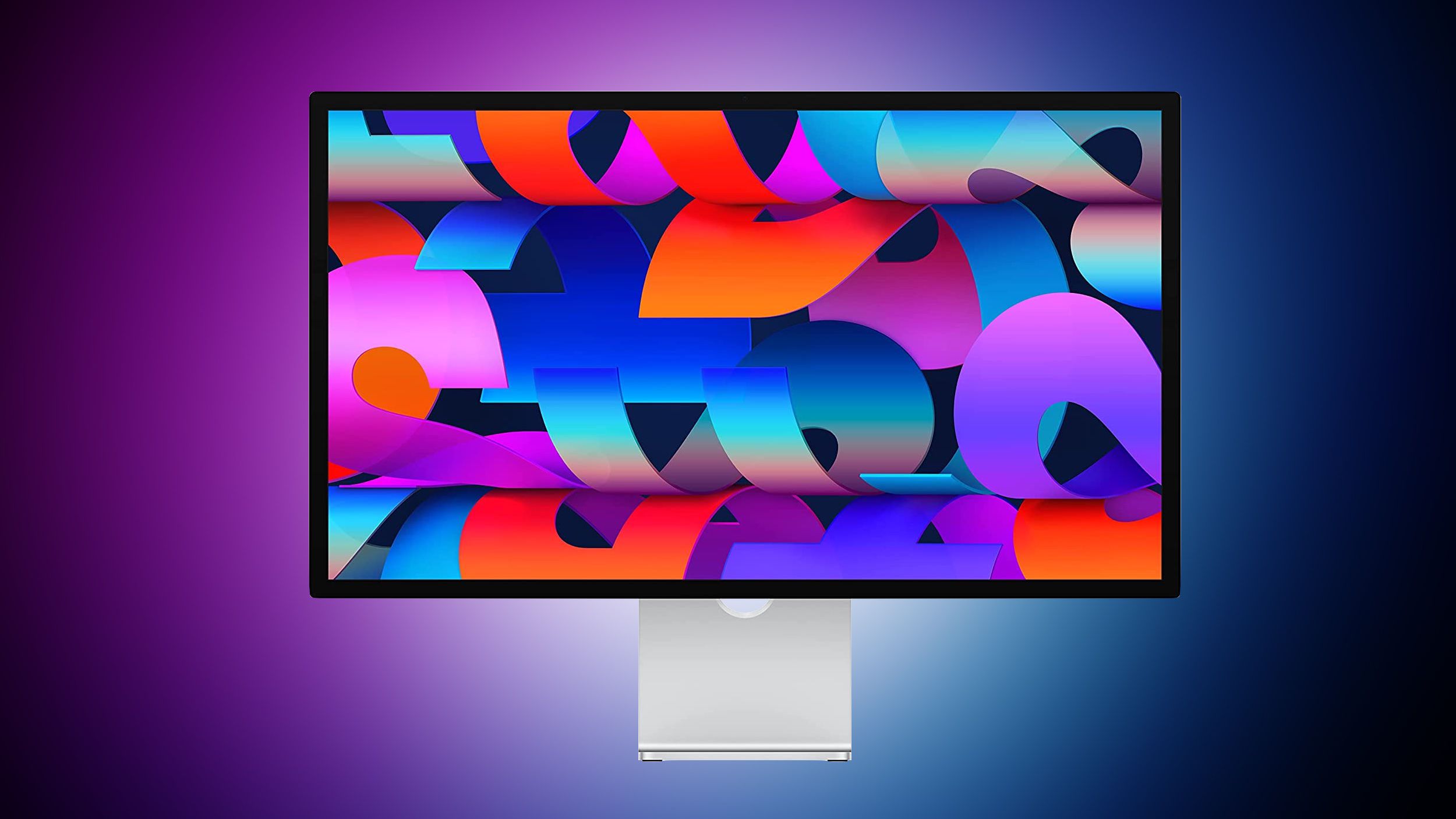Tech companies will be allowed to freely use copyrighted material to train artificial intelligence models unless creative professionals and companies opt out of the process, under UK government proposals.
The proposed changes are seeking to resolve a standoff between AI firms and creatives. Sir Paul McCartney has warned the technology “could just take over” without new laws.
A government consultation is proposing an exception to UK copyright law – which prevents use of someone’s work without permission – that will allow companies such as Google and the ChatGPT developer OpenAI to train their models on copyrighted content. However, it will also allow writers, artists and composers to “reserve their rights”, which involves declaring that they do not want their work to be used in an AI training process – or to demand a licence fee to do so.
Chris Bryant MP, the data protection minister, said the proposal was a “win win” for two sides that have been at loggerheads over a new copyright regime.
“We’re absolutely clear that this is about giving greater control in a difficult and complex set of circumstances to creators and rights holders, and we intend it to lead to more licensing of content, which is potentially a new revenue stream for creators,” he said.
The British composer Ed Newton-Rex, a key figure in the campaign by creative professionals for a fair deal, told the Guardian in October that opt-out schemes were “totally unfair” for creators. Newton-Rex has organised a statement signed by more than 37,000 creative professionals, including the Radiohead singer Thom Yorke and the actor Julianne Moore, that says unlicensed use of creative work for AI model training is a “major, unjust” threat to creators’ livelihoods.
The consultation also raises the prospect of AI developers being required to outline what content they have used to train their models, which would give rights-holders a better grasp of when and how their content has been used. The government said the new measures would have to be accessible and effective before being adopted, or else they will not be introduced.
“These measures would be fundamental to the effectiveness of any exception, and we would not introduce an exception without them,” said the Department for Science, Innovation and Technology.
Whether the new regime covers models already being deployed in the market, such as the models being deployed in ChatGPT and Google’s Gemini, is also an issue on which the government is seeking views.
The consultation will seek views on whether there is a need for a US-style “right of personality” that will protect celebrities from having their voice or likeness replicated by AI without permission. The Hollywood actor Scarlett Johansson clashed with OpenAI last year when it previewed a voice assistant that sounded very similar to her own distinctive speech. OpenAI paused the feature after users noted its similarity to Johansson’s voice.

